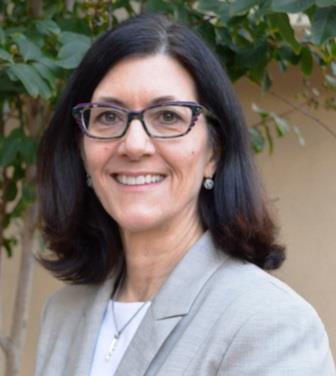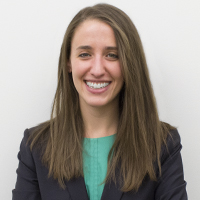Private Sector Engagement
About the Private Sector Engagement Collaborative – This activity has concluded
Strong primary health care (PHC) is vital to achieving UHC. As countries work toward UHC, they recognize that the public sector alone cannot provide all necessary comprehensive PHC services to cover country populations and that countries need to engage and effectively steward both public and private health sectors. Within the JLN, the Private Sector Engagement Collaborative (PSEC) has worked to advance international guidance on engaging the private sector to achieve PHC-oriented UHC.
Since 2016, six JLN member countries have sent public sector participants, primarily from local ministries of health, to participate in the PSEC: Ghana, Indonesia, Kenya, Malaysia, and Morocco. In 2016, Member country representatives from the Tamil Nadu State of India; Malaysia; the Philippines; and Vietnam co-developed Engaging the Private Sector in PHC to Achieve UHC: Advice from Implementers to Implementers, a guide designed to provide policymakers, practitioners, development agencies, and research institutes with practical guidance for public-private engagement to deliver primary health services for UHC. The Implementer’s Guide includes space for five modules. Two of five modules, those Communications & Partnerships and Provider Mapping, are complete. PSEC members have also compiled an assessment tool, a series of five country cases, and collection of lessons learned on regulation. The case studies include lessons from Ghana, Indonesia, Kenya, Mongolia, and Morocco.
In 2019, the PSEC expanded to include two new member countries: Bangladesh and Senegal. In the past, participants in the PSEC represented exclusively the public sector. Under its technical facilitator, SHOPS Plus, PSEC participation has also expanded to include private sector representatives for the first time. Private sector participation is integral to creating a true public-private dialogue.
Current PSEC Activities

In 2019, the PSEC narrowed its focus to peer learning on contracting between governments and small to medium-sized providers of primary health care, including family planning. The PSEC members representing both the public and private sector bring a diversity of perspectives and experiences on public-private contracting. To streamline discussion around a common framework, the PSEC has structured peer learning around the contracting lifecycle, developed by SHOPS Plus.
Country members demonstrate varying levels of familiarity and experience with the public-private contracting process. To encourage sharing, learning, and global exchange, the PSEC members and the technical facilitation team identified the following objectives for the Collaborative this year:
- Build and strengthen the JLN PSEC community
- Promote global learning between public and private stakeholders
- Create and use knowledge products with a current focus on contracting
- Promote public-private collaboration
Due to the COVID-19 pandemic, in lieu of the in-person meeting in 2020, SHOPS Plus facilitated two virtual meetings in November and December 2020. PSEC members developed country posters on health financing country landscapes, perspectives on public-private collaboration, contracting experience, challenges, and opportunities. As many members were new to the PSEC, the virtual exchanges offered an opportunity to strengthen the Collaborative’s global community. In 2021, the PSEC will continue to engage virtually, with the goal of synthesizing lessons learned and best practices in a peer-learning knowledge product on public-private contracting.
Collaborating Countries in 2020-2021
- Bangladesh
- Ghana
- Indonesia
- Kenya
- Malaysia
- Mongolia
- Morocco
- Senegal
Technical Facilitator: SHOPS Plus
The Sustaining Health Outcomes through the Private Sector (SHOPS) Plus project is USAID’s flagship project focused on the private health sector. The project supports financing and delivery of essential health services, including family planning (FP) that underpin UHC through private sector engagement. It supports peer learning and became the technical facilitator for the JLN’s PSEC in 2019. SHOPS Plus is leveraging existing relationships to convene and amplify the voice of private sector stakeholders with our members. In the past, participants in the PSEC represented exclusively the public sector. As part of this transition, SHOPS Plus began to include private sector counterparts in these important discussions to learn how better conduct public-private engagement for UHC.
Featured Resources
Technical Facilitators
 Jeanna Holtz
Jeanna Holtz
Health Financing Director, SHOPS Plus
 Rachel Rosen DeLong
Rachel Rosen DeLong
Associate, Health Financing, Abt Associates
 Mbogo Bunyi
Mbogo Bunyi
Senior Private Sector Advisor, SHOPS Plus
 Abigail Conners
Abigail Conners
Analyst, SHOPS Plus
